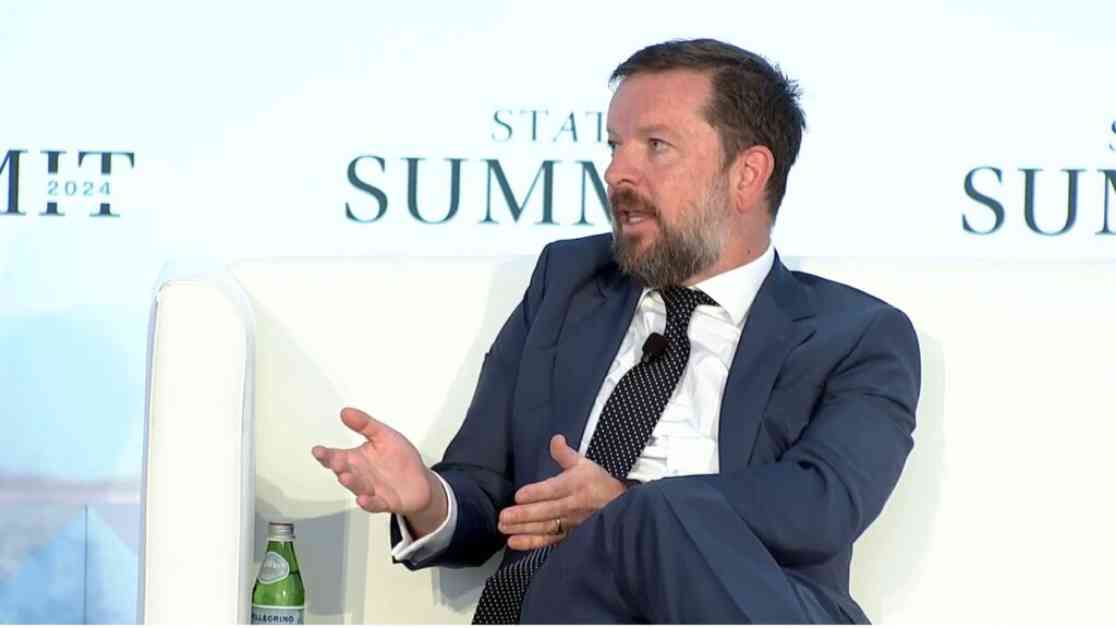Health care is a significant topic in the upcoming U.S. election, with leaders from different political backgrounds sharing their views on various health care issues at STAT’s Summit. Among the topics discussed were Medicare, drug pricing, and artificial intelligence. Let’s delve into some key points highlighted during the discussions.
Joe Grogan, a former Trump White House official, expressed concerns about President Biden’s Inflation Reduction Act’s impact on Medicare Part D. He warned that the program could face serious challenges, leading to higher premiums and a potential “death spiral.” Grogan suggested alternatives such as transferring beneficiaries to the Medicare Advantage program or offering a combination of MA and health savings accounts. Additionally, he advocated against extending enhanced ACA subsidies, citing concerns about fraud in the program.
On the other hand, Donald Berwick, who led Medicare during the Obama administration, raised issues with Medicare Advantage, stating that the program is burdening the Medicare system. Berwick recommended stricter regulation of MA to address the inefficiencies and overpayments in the current system. He proposed adjusting payment based on patients’ social and demographic characteristics for a more equitable reimbursement model.
Veteran biotech executive Tony Coles highlighted a shift in the business-friendly approach of political parties, noting that the left side of the aisle is now seen as more supportive of innovation in the biotech and pharma industry. Coles emphasized the importance of corporate responsibility and focusing on patients’ needs first to drive innovation and profitability.
Bristol-Myers Squibb CEO Christopher Boerner shared his company’s challenges in navigating drug pricing negotiations and testifying before the Senate committee. Despite the industry’s challenges, Boerner stressed the importance of remaining focused on patient care and advocating for policy changes that benefit both patients and pharmaceutical companies.
Micky Tripathi, the federal official overseeing AI regulation in health care, expressed confidence in the continuity of health tech policy regardless of the election outcome. Tripathi emphasized the importance of public-private partnerships and the responsibility of health care provider groups in ensuring the ethical and effective use of AI in the industry.
Overall, the discussions at the Summit shed light on the complexities and challenges facing the health care industry in the current political landscape. As the election approaches, the decisions made by the next administration will have a significant impact on the future of health care, drug pricing, and innovation in the sector.


















